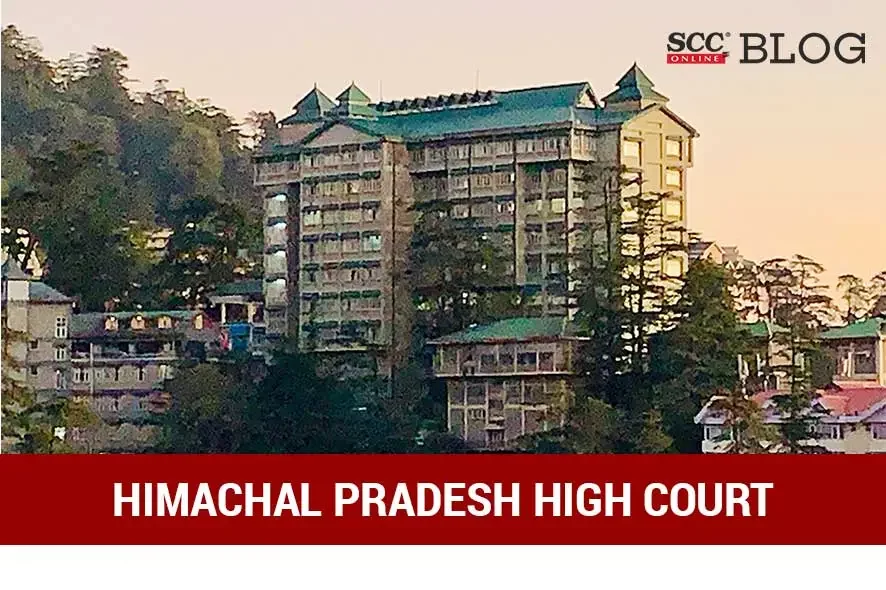Himachal Pradesh High Court: An appeal challenging the Dalhousie Civil Court Order based on application of Section (‘S.’) 10 of Civil Procedure Code (‘CPC’) had been dismissed and the Civil Court order had been upheld by a Single Judge Bench of Sandeep Sharma* on the grounds of it failing to comply with the test laid down by S. 10 of CPC. The court reiterated that to attract the case of concurrent jurisdiction under S. 10 of CPC the whole of subject matter in both the proceedings should be identical.
Background: In the case at hand, a civil petition was filed by the plaintiff before the Delhi High Court to seek partition of properties in Dalhousie, decree of declaration in her favour that she is the joint share holder of all the estate left behind by late Col. P.D. Chopra to the extent of 1/8th share and to render full accounts of profits derived from properties by the defendants. However, before the above-mentioned suit could be heard and decided, plaintiff filed another civil suit in Dalhousie Court for declaration that plaintiff and defendants are legal heirs to P.C. Chopra and are lessees in possession.
Pursuant to the latter case, the defendant filed a case of concurrent jurisdiction under S. 10 of CPC before the Civil Court at Dalhousie on the ground that the suit filed before Delhi HC is ‘directly and substantially in issue’ in the suit filed at Dalhousie. However, the said petition was dismissed by the Dalhousie Court and it refused to stay the plaintiff’s suit at Dalhousie.
Case Analysis: The Himachal Pradesh High Court relied on National Institute of Mental Health & Neuro Science v. C. Parameshwara and Aspi Jal v. Khushroo Rustum Dady Burjor and concluded that for operation of S. 10 CPC, entire subject matter of the two suits should be the same. Provisions of S. 10 CPC will not apply if a few matters in issue are common rather, same would apply if entire subject matter in controversy is same.
The court further observed that the purpose behind S. 10 of CPC is to avoid two parallel trials on the same issue by two Courts and to avoid recording of conflicting findings on issues which are directly and substantially in issue in previously instituted suit. The fundamental test to check is whether on final decision being reached in the previous suit, such decision would operate as res-judicata in the subsequent suit.
The court further focussed on the keywords mentioned under S. 10, ‘directly and substantially in issue’ and opined that “directly and substantially in issue” are used in contra-distinction to the words “incidentally or collaterally in issue”. Therefore, Section 10 would apply only if there is identity of the matter in issue in both the suits i.e., the whole of subject matter in both the proceedings is identical.
Applying these principles, court differentiated between the suit filed at Delhi High Court and Dalhousie court, where the former concerned with partition of land and the latter with Will by P.C. Chopra and lease deed. Therefore, the Hon’ble Justice while remarking that “If plaints filed in different courts are read juxtaposing each other it cannot be concluded that similar and identical issues are involved in both the cases” dismissed the petition and upheld the Dalhousie Civil Court order.
[Ashok Lal Chopra v. Mrs. Kiran Kapoor, CMPMO No. 418 of 2020, Decided on 27-06-2023]
Judgement By: Justice Sandeep Sharma
Advocates who appeared in this case :
Counsel for Petitioner: Senior Advocate Vinay Kuthiala, Advocate D.S. Verma;
Counsel for Respondents: Advocate Nimish Gupta.







